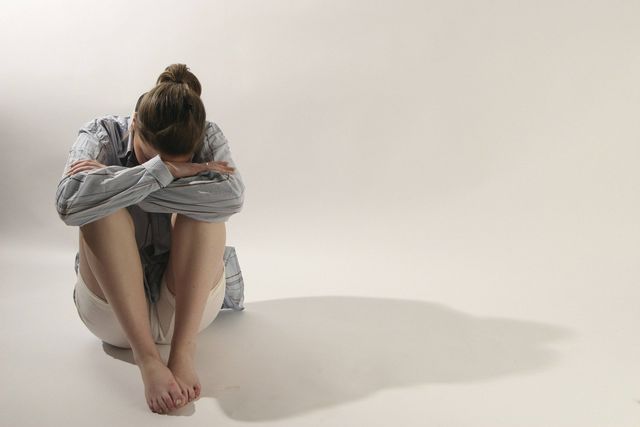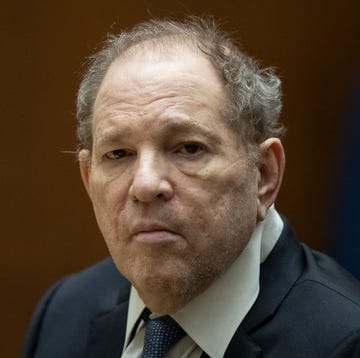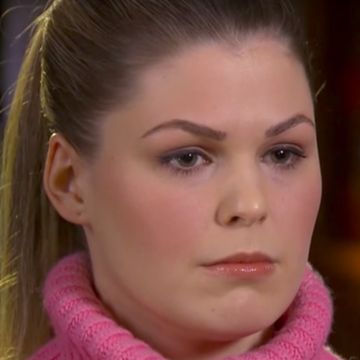A century ago, mental illnesses were crimes rather than diseases. Then, it was no secret that men and women would be locked up in asylums for 'lunacy', which really meant conditions including anxiety, depression, and schizophrenia.
Sixty years ago, when my grandmother moved to London from Hull, she told me that a constant feeling of nerves and lack of appetite defined her first few months. Today, I would use words such as 'anxiety' and 'eating disorder' to describe what she went through, but back then these things were rarely labelled. One thing is true: our awareness of mental health today is greater.
Sadly, our public health service suggests that we are still stuck in the last century. Earlier this week, Mind, the UK's leading mental health charity, revealed that local government spending on mental health is shockingly low. Local authorities in England spend an average of 1.4% of their public health budget on mental health, even though mental health issues account for 23% of the total burden of diseases in the UK.
Mind has directly criticised the actions of local authorities, which are spending (annually) £160m on anti-smoking, £671m on sexual health services, and yet only £40m on mental health.
While I'm not suggesting it should be an either / or (because with health it never can be), it's plainly obvious that there is a massive problem here. While one in four of us will suffer from a mental illness, four in four of us are in contact with mentally damaged people every single day. Some may be ignorant to this, but it's true. Which is why I can't comprehend how the decision-makers within the NHS aren't prioritising something that those on the frontline have to deal with daily, if not hourly.
I have a friend who was diagnosed with bipolar disorder, but waited three years to be seen by a therapist on the NHS. In this time, she was put on citalopram (anti-depressants), while her mental state worsened and improved with no input from a doctor. When she was finally given CBT (cognitive behavioural therapy) this year, she told me that it was in groups of 10-12, and felt as though the doctors were "just trying to get through everyone as quickly as possible".
How is it fair to give someone a severely stigmatized diagnosis, and then say that a dosage of citalopram every six weeks is going to be the answer?
To be told that you are bipolar, and then be denied access to talking therapies, is simply piling punishment on top of a serious illness – particularly when, in this case, education on mental health is so poor that many think "bipolar" just means someone who changes character very quickly. Have you ever heard someone say, "She's so bipolar" – as though it's an adjective and not a life-threatening illness?
There are so many flaws in this system we call 'public'. Mental health services have never been significantly improved but them being cut makes me wonder if treatment is going to become a fallacy, only available to those who can afford to pay for it.
Talking therapies are, in my opinion, the best way to help someone who is suffering mentally. Medication may calm the symptoms, but it won't make them disappear. Unfortunately mental health has continually been treated as the 'Cinderella sister' to mental health. And while I remain hopeful this will improve, it's tough when I hear more and more examples of urgent mental ill-health not being given the attention it deserves.













